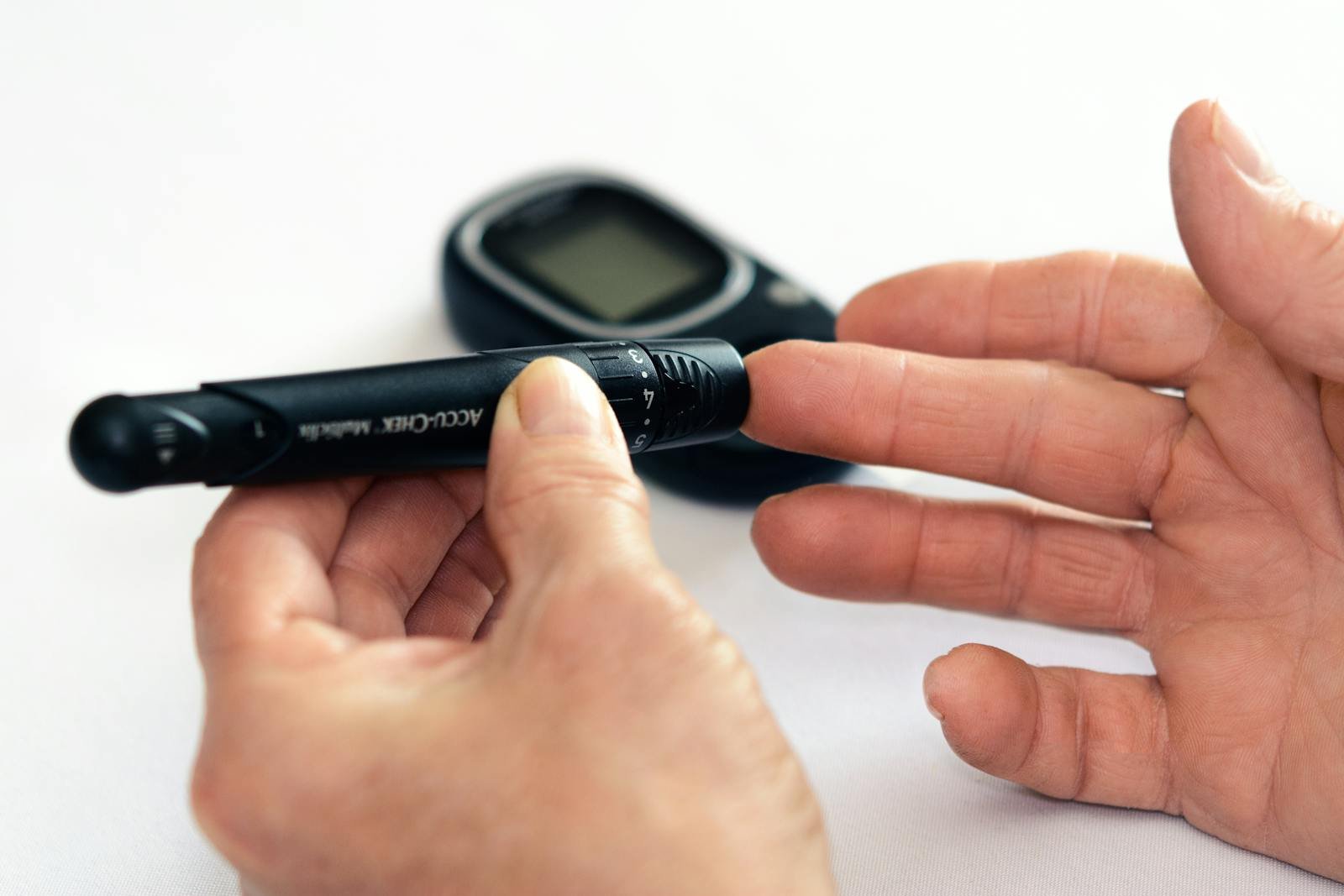
Tirzepatide Dramatically Lowers Type 2 Diabetes Risk 94%
In a groundbreaking clinical trial, the active ingredient in the popular weight loss medication Zepbound, known as tirzepatide, has been shown to reduce the risk of developing type 2 diabetes by an astonishing 94% in obese or overweight adults with pre-diabetes.
The study, conducted by pharmaceutical giant Eli Lilly, involved 1,032 participants who received weekly injections of tirzepatide over approximately three years. Compared to those who received a placebo, participants on the 15 mg dose of tirzepatide not only saw significant reductions in diabetes risk but also experienced an average weight loss of 22.9%—a stark contrast to the 2.1% weight loss in the placebo group.
“Obesity is a chronic condition that elevates the risk of type 2 diabetes for nearly 900 million adults globally,” said Jeff Emmick, Senior Vice President at Eli Lilly. “Tirzepatide not only reduced the risk of type 2 diabetes by 94%, but it also resulted in sustained weight loss over the three-year treatment period.”
While the study’s findings have yet to undergo peer review, they strongly suggest that tirzepatide could play a pivotal role in preventing type 2 diabetes in individuals at high risk. Generally, the risk of transitioning from pre-diabetes to diabetes for people over 45 is between 9% and 14%, depending on various factors. This treatment could potentially help millions delay or even prevent the onset of this serious metabolic disorder.

Tirzepatide operates by mimicking the effects of natural hormones, specifically GLP-1 (glucagon-like peptide-1) and GIP (glucose-dependent insulinotropic polypeptide), which help regulate blood sugar and suppress appetite. We have an article discussing the difference between GLP-1 products here.
Though the drug has shown promise, it’s not without its challenges. Approved by regulators, tirzepatide can cause severe side effects in some individuals, including gastrointestinal issues, low blood sugar, and serious allergic reactions. Additionally, questions remain about its long-term efficacy. In the 17 weeks following the trial, some participants who stopped taking the drug began to regain weight and experienced progression toward type 2 diabetes, reducing the risk reduction to 88%.
While medications like Zepbound and the related diabetes drug Mounjaro should be used under professional guidance, this research signals the arrival of even more effective treatments to mitigate type 2 diabetes risk.
“These findings underscore the potential benefits of long-term therapy for those living with obesity and pre-diabetes,” added Emmick.
The full research is scheduled to be presented at Obesity Week 2024 in San Antonio this November.

Leave a Reply